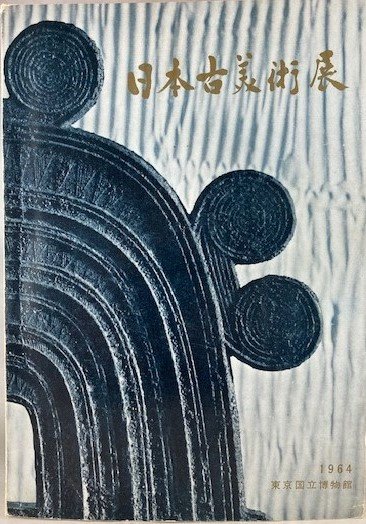The Organizing Committee for the Games of the XVIII Olympiad, Selections from the Exhibition of Japanese Old Art Treasures in Tokyo Olympic Games (1964)
Since the birth of the modern Olympics in 1896, the games have been intimately linked to politics, and particularly the heavily politicised impression of themselves that host nations try to project to the world. This can have both positive and negative connotations. When Australia hosted the Olympics in 1956, it was an expression of our coming of age and growing importance on the world stage. More ominously, when Nazi Germany hosted the games in 1936, it tried to project the racial and cultural superiority of the German Nation.
The scheduled successor to the Nazis was the equally nationalist and aggressive regime of imperial Japan, which was very pleased that the 1940 Olympic date corresponded with the 2600th anniversary of Japan’s alleged foundation, and wanted to use the games to prove that it was a legitimate world power. Significant preparations were undertaken by the host nation, and they even reached the stage where posters had been designed. But eventually the contradiction between the immediate imperatives of Japan’s plans for expansion, and its desire to use the games for propaganda purposes to that effect proved too great. Japan withdrew as a host nation in July 1938, preferring to devote all its resources to its escalating war with China.
This was a significant event, because Japan was slated to be the first nation outside Europe and America to host the games, turning the Olympics in a truly global event. In the end, Australia under Prime Minister Menzies would receive that honour. But Japan would still become the first Asian and Non-Western nation to host the games, albeit in very different circumstances from what would have occurred in 1940.
Far from a showcase of martial prowess, the 1964 Tokyo Olympic games highlighted Japan’s full rehabilitation to become a respected part of the international community. Under Menzies, Australia had played a central role in the process of reconciliation that led up to this moment – and Australia appears to have voted for Japan’s winning bid, which was praised by Melbourne Olympic organiser and former POW of the Japanese Wilfred Kent Hughes.
The highly visual and culturally illuminating Selections from the Exhibition of Japanese Old Art Treasures in Tokyo Olympic Games is a tangible artifact of the extent to which Japan had transformed in the 24 years between its hosting bids, and a reminder that in the right hands, the Olympics can still be a force for good.
Sign up to our newsletter
Sign up for our monthly newsletter to hear the latest news and receive information about upcoming events.


